ESL Doctors Vocabulary
When traveling you might need to use ESL doctors vocabulary if you ever become unwell and have to go to a doctor or hospital. This page contains information to help you prepare for this. It has:
- A vocabulary list with definitions.
- Flashcards of the vocabulary to download.
- Spoken vocabulary so you can hear the pronunciation.
- A range of exercises to test your understanding of the doctors vocabulary.
Scroll down the page to find the section you need.
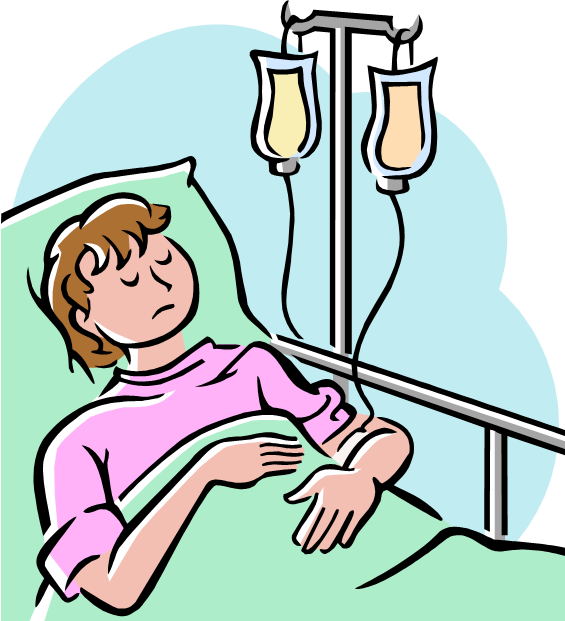
ESL Doctors Vocabulary List with Definitions
The following ESL doctors vocabulary will help you if you ever need to get medical help in a foreign country.
- Accident and emergency - A department in a hospital to treat urgent cases. (British English) (noun)
- Ache - A pain that is often at a low level but constant, often in a joint. (noun)
- Allergy - A reaction to something that causes a rash or other symptoms, e.g. peanut allergy. (noun)
- Antibiotics - A type of medicine that is used to treat infections by bacteria. (noun)
- Appointment - The specific time and place of a meeting between people, e.g. with a doctor. (noun)
- Bacteria - Very small organisms that can cause illnesses. (noun)
- Bed rest - To stay in bed until better. (noun)
- Better - To have stopped being ill, to have recovered. (adjective)
- Casualty - A department in a hospital to treat urgent cases. (British English) (noun)
- Chemist - A place, or shop, where medicines are kept, prepared and sold. (British English) (noun)
- Cold - An illness of the nose and throat that is caused by a virus. (noun)
- Consulting room - The room where a doctor meets with patients in private. (noun)
- Cough - To empty the lungs of air quickly and often noisily. (verb)
- Cure - To make a person better when they have an illness. (verb)
- Cut - Damage to the skin, often not deep or serious. (noun)
- Dehydrated - To not have enough water in the body. (adjective)
- Diagnosis - To look at the patient’s symptoms and decide what is wrong with them. (noun)
- Disease - Something that causes a person’s health to be bad. (noun)
- Doctor - A person trained to treat ill people. (noun)
- Emergency room (ER) - A department in a hospital to treat urgent cases. (American English) (noun)
- Examine - The process of studying a patient to see what is wrong. (verb)
- Fever - To have a high temperature. (noun)
- Flu - A viral disease that causes a high temperature. (noun)
- Food poisoning - An infection in the stomach from eating food that was not properly prepared (often not cooked enough). (noun)
- General Practitioner (GP) - A doctor that works in a surgery in the local community and not a hospital. Is not a specialist in one area but can treat all illnesses. (noun)
- Headache - A pain in the head. (noun)
- Health - The concept of how a person’s body is. (noun)
- Health center - A building where GPs and nurses work. (noun)
- Hospital - A place where patients go when they are too ill to stay at home so they can have 24 hour a day care. (noun)
- House call - When a doctor visits patients in their home rather than them going to see the doctor in the surgery. (noun)
- Ill - To have a disease or health problem. (adjective)
- Illness - Something that causes a person’s health to be bad. (noun)
- Infection - When the body is being attacked by a bacteria, fungus or virus. (noun)
- Joint - Where two bones join and there is movement, e.g. elbow, knee, wrist. (noun)
- Medicine - Something to make an ill person better. (noun)
- Nurse - A person who looks after people who are ill. (noun)
- On-call - When a doctor has to be available to see patients, often at nighttime. (adjective)
- Patient - Someone who is being treated by a doctor or is in a hospital. (noun)
- Pharmacy - A place, or shop, where medicines are kept, prepared and sold. (noun)
- Poorly - To have a disease or health problem. (adjective)
- Practice - A local doctor’s place of work. (noun)
- Prescription - A written note from a doctor saying what medicine is to be given to the patient. (noun)
- Rash - Red marks on the skin, often caused by an allergy. (noun)
- Receptionist - A person who answers telephones and makes appointments. (noun)
- Recover - To stop feeling ill. (verb)
- Refer - When a doctor sends a patient to see a different doctor, often a specialist. (verb)
- Registered - A person who is listed as being allowed to treat sick people. (adjective)
- Sneezing - To send air out of the nose often in a violent and loud way. (noun)
- Specialist - A doctor that only treats one type of illness or problem, e.g. heart specialist. (noun)
- Surgery (UK) - A building where a GP works and patients can visit them. (noun)
- Symptoms - The signs of an illness, e.g. fever, cough, sneezing. (noun)
- Test results - Detailed information about a patient’s illness. (noun)
- Treat - To try to cure an illness. (verb)
- Treatment - What is done to try to make a person better. (noun)
- Unwell - To have a disease or health problem. (adjective)
- Virus - A very small organism that can cause illnesses. (noun)
- Vomit - To empty the stomach through the mouth. (verb)
- Waiting room - A room in a surgery or hospital where patients wait before seeing the doctor. (noun)
- Well - To not be ill. (adjective)
- Wheelchair - A chair with wheels used to move a person who is too ill to walk. (noun)
- Wound - Damage to the body, often a cut. (noun)
Vocabulary Flashcards for Visiting a Doctor
The vocabulary in the above list is included as flashcards below. You can download them by clicking on the link and then print them out to help you learn the words and their meanings.
ESL doctors vocabulary flashcards
Spoken Doctors Vocabulary
To help you improve your pronunciation, the vocabulary from above has been spoken by a native English speaker and included below. Listen to the recording as often as you need to so that you can get better at speaking. There is also a video showing the flashcards with each word spoken at the same time.
ESL Doctors Vocabulary Exercises
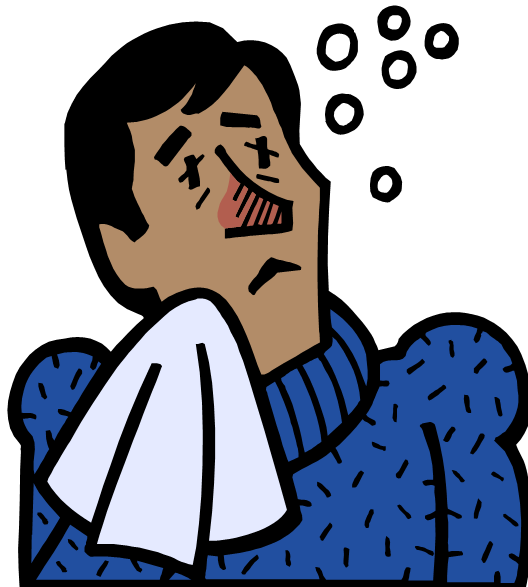
Once you know the vocabulary well you can try the exercises below to test your knowledge. When you get a good score remember to share it on Facebook so all your friends will know how good your English is.
Exercise 1 – Correct Definition
In each of the five questions in this ESL doctors vocabulary exercise you will be given a vocabulary words and you have to choose the correct definition from the options in the questions.
ESL Doctors Vocabulary Definitions
Choose the correct definition for the doctors vocabulary in this quiz.
Exercise 2 – Correct Meaning
In this ESL doctors vocabulary exercise you have been given the definition of a word and you have to choose the correct word that correspond to the definition from the options in each question.
ESL Doctors Vocabulary Identification of Meaning
Choose the word that matches the definition given in each of the five questions in this quiz.
Exercise 3 – Identify Picture
There are 5 pictures below (A-E) and in the following questions you have to choose the correct option that describes what is shown in each of the ESL doctors vocabulary pictures.
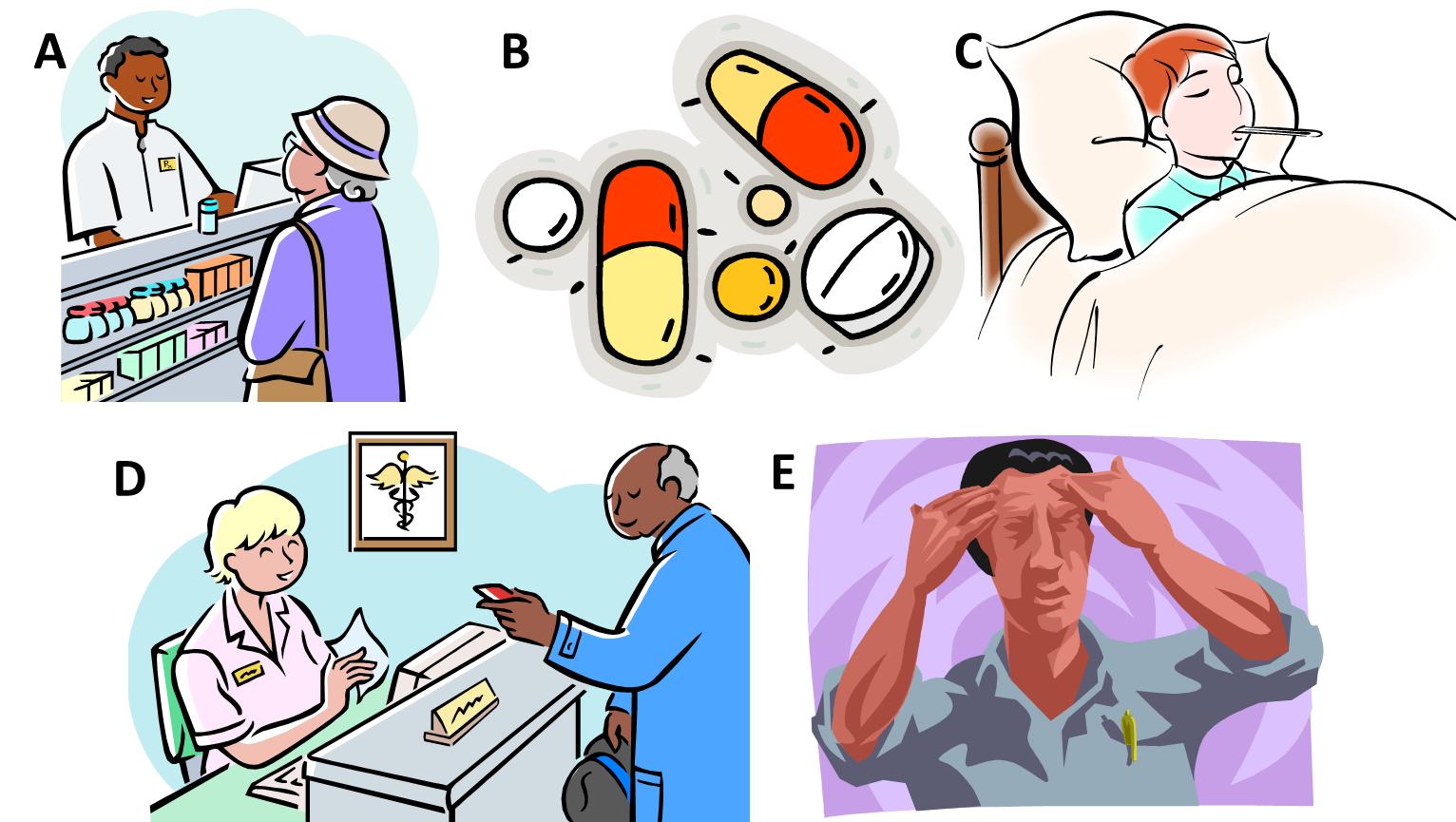
ESL Doctors Vocabulary Picture Descriptions
Identify the best description for each of the images (A-E) given above that corresponds to the five questions in this quiz.
Other Pages about Doctors that You Might Like
ESL Doctors Conversations
ESL Doctors Listening
ESL Doctors Reading
ESL Doctors Writing
ESL 4u home › Vocabulary › Doctors


|
|

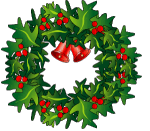
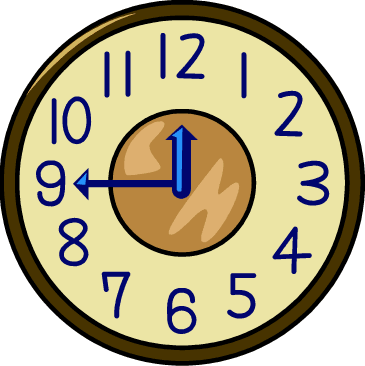
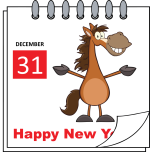
New! Comments
Have your say about what you just read! Leave me a comment in the box below.